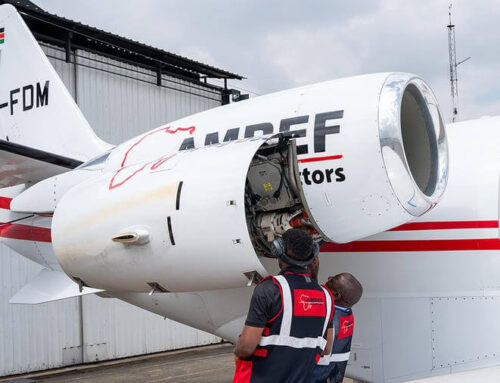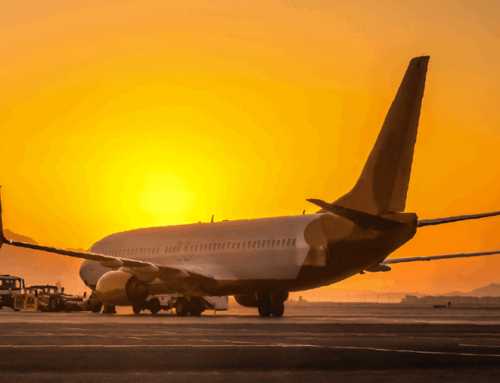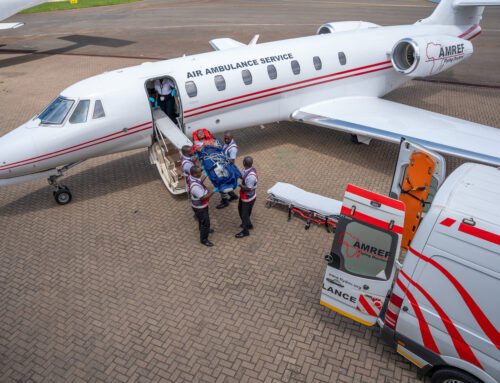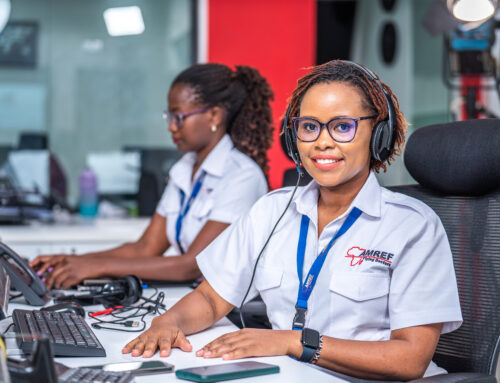Sometime in 2016 while at the Lewa wildlife conservancy, we received a distress call about a traffic accident in Meru and were tasked with evacuating the casualties, who as the report indicated were about two. After overcoming the bad, bumpy weather, we got to the scene of the accident only to realise that the casualties were actually four; two stable adults, one very unstable baby and teenager. We did a quick triage and the whole process was made possible because of team effort and cooperation.
This is just one of the many memorable air evacuations I have witnessed and been a part of; so much goes on behind the scenes in a bid to stabilize and take care of the patients. When tasked to go to places like Mogadishu, we are never sure of what we’re going to come across, we could have a report saying there’s one casualty only to get there and find about four to five casualties. In such cases we have to triage and take the more unstable casualties with us on the plane. There’s this one time we landed the helicopter and found sixteen casualties and one fatality, the people had to triage themselves and decide on the four whom to take on the plane with us, while the rest waited on another bigger plane to come get them later.
There’s no greater joy than the one I get when we arrive for an evacuation and see the relief on people’s faces, I see them calm down and can almost hear them say “Sigh! You’re here to help us now”, this for me has to be the best part of the job. Being there to help people in their worst moments is something that most people don’t get to do; these people are scared and terrified especially if they have a very sick relative, being able to go out and reassuring them is great part of the job.
A big thing about working and flying in such an intense environment is fatigue, so you need to be very aware because you may not realize you are fatigued. When you are fatigued, , it means you’re not completely aware of your patient’s needs and your decision making may become flawed as well, this puts you and your patient at risk. It therefore becomes very crucial and helpful that members of the team check on each other. It’s the responsibility of every team member to make sure that the next colleague is well rested between flights and gets days off whenever we feel like we need it.
Dr. Jill Selfridge is a volunteer physician from the United Kingdom (UK). She has been practicing medicine in the UK since 2004 and this is her second time to work with AMREF Flying Doctors.
Story written by Winfred Nduku.












Leave A Comment